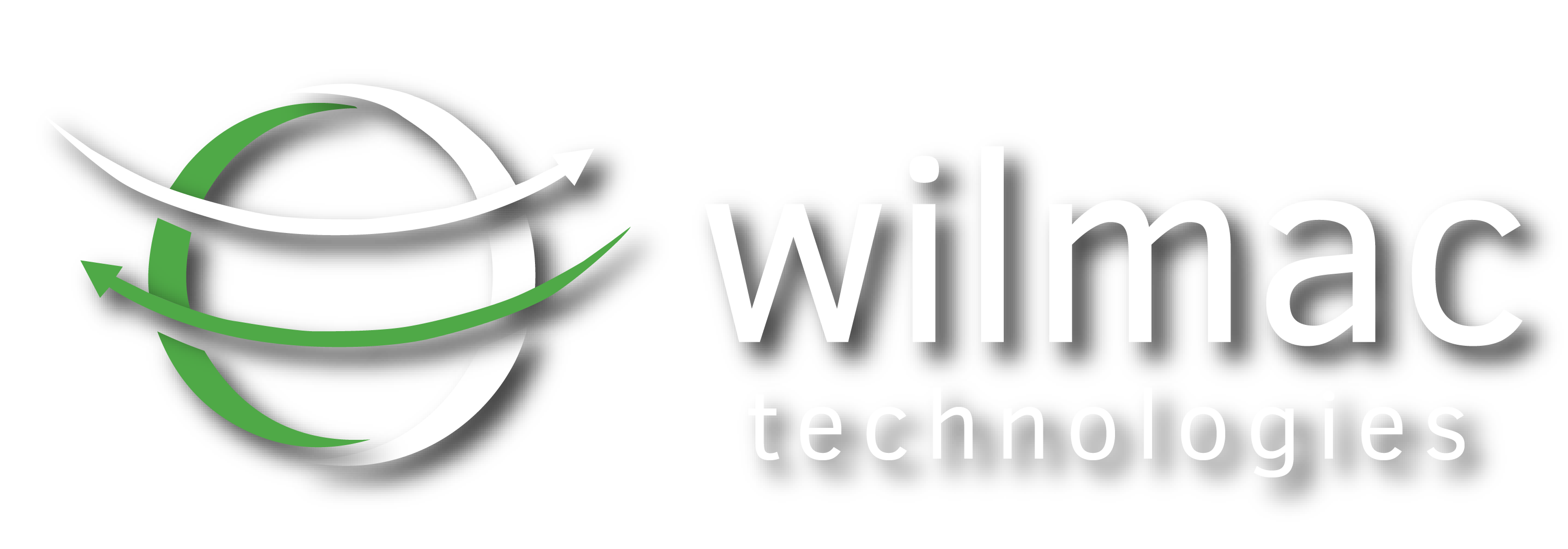Navigating the Complexities of Contact Center Call Recording Storage: Challenges, Compliance, and Security
In today’s fast-paced business landscape, preserving contact center call recordings is indispensable. For professionals well-versed in Contact Centers, extracting audio from legacy systems can be daunting, especially when dealing with protected or proprietary formats. This blog post explores the precarious practice of storing unencrypted calls on a file server—an all-too-common occurrence in contact center call recording storage. We will delve into the complexities of search and replay, shedding light on the compliance and security dilemmas it presents. Ultimately, our journey concludes with a sobering look at the potential repercussions and fines organizations may face following a data breach.
Extracting legacy data
The value of call recordings for training, quality assurance, and compliance is undeniable. However, as businesses transition to cloud-based solutions and grapple with aging recording technology, a significant obstacle emerges—extracting audio from legacy systems. These systems house invaluable call recordings, yet gaining access can feel akin to cracking a vault when the audio is safeguarded or trapped in proprietary formats.
1. Data Lockdown: Legacy systems may withhold access to call recordings due to outdated or stringent security measures, necessitating a costly and time-consuming extraction process.
2. Proprietary Puzzles: Proprietary audio formats pose as cryptic enigmas, requiring specialized tools or software for decoding. This complexity makes working with these recordings a formidable task.
Contact center call recording storage
Once call recordings are obtained, the next step often involves storing them on a file server, which initiates a compliance and security minefield.
1. Data Vulnerability: Unencrypted call recordings on a file server become attractive targets for cybercriminals, inviting data breaches and unauthorized access.
2. Regulatory Pitfalls: Regulations such as GDPR, HIPAA, and industry-specific compliance standards like PCI compel organizations to safeguard sensitive data, including call recordings. Failing to do so can lead to substantial fines.
Consequences of mishandling recording data
Mishandling call recordings carry severe consequences. Organizations may grapple with:
1. Financial Repercussions: Data breaches result in significant financial losses, encompassing fines, legal fees, and costs tied to remediation.
2. Reputation Damage: A data breach can tarnish an organization’s reputation, eroding customer trust and confidence.
3. Operational Disruption: Managing a data breach disrupts regular business operations, causing productivity and revenue losses.
The journey of call recording preservation is fraught with challenges. Extracting audio from legacy systems presents a formidable puzzle, and storing unencrypted call recordings on a file server opens the door to compliance and security nightmares. The potential issues and fines from a data breach underscore the paramount importance of secure and compliant call recording practices.
However, a solution exists: Wilmac Technologies’ Continuity Replay. With its rapid extraction services, robust encryption at rest and in transit, and Search and Play SaaS, Continuity Replay provides a comprehensive solution that mitigates these challenges and ensures secure call recording practices.

